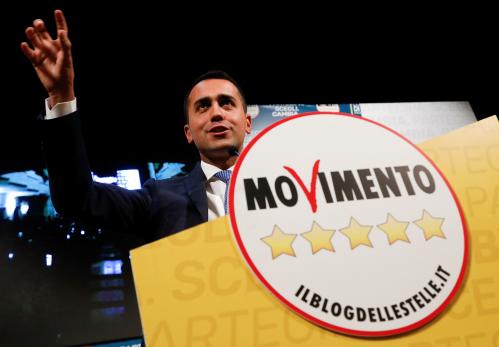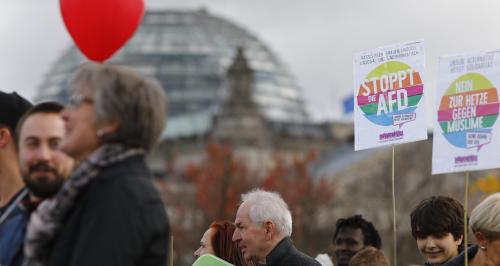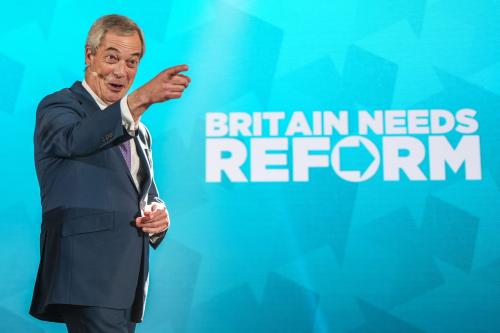Scholars often point to a core assumption of contemporary populism—a unitary and homogeneous conception of the “people.” This premise allows populist leaders to conflate their popular support with unanimity, as though the plurality or majority they enjoy were equivalent to Jean-Jacques Rousseau’s equally fictional “general will.”
Viktor Orbán’s inauguration in Hungary casts this mystification in high relief, as yesterday’s Washington Post report from Budapest makes clear:
Orbán, who celebrated the start of his fourth term as prime minister Thursday by proclaiming the death of liberal democracy, won a two-thirds parliamentary majority in last month’s vote. That gives him the freedom to pass any legislation or constitution change he wishes. He has said that a “Stop Soros” bill will be at the top of the new parliament’s agenda.
Although putatively intended to curb foreign influence and stop migration, the legislation also is aimed at limiting domestic dissent—an interpretation the government does not dispute.
“There is a legally elected and sovereign government, said Zoltan Kovacs, Orbán’s spokesman. When unelected people or organizations lobby or speak out “against the government, that is basically against the country.”
There it is, straight from the government’s mouthpiece: the government = the country. Never mind that Orbán’s party received just 49 percent of the popular vote and that only a gerrymandered system could have translated this plurality into a two-thirds legislative majority. If 49 percent of the people are the country, what are the other 51 percent? Nonpersons? Resident aliens? Enemies of the people? Another country? One thing is clear: According to Viktor Orbán and his supporters, they have forfeited the most basic right of citizenship—the ability to speak freely and openly about public matters.
Liberal democracy begins from the opposite premise: In circumstances of liberty, a diversity of views is inevitable. Elections temporarily empower temporary majorities to take the lead. But while majorities may act on behalf of the country, they cannot pretend that all citizens share their views, or that those who don’t have surrendered their civic rights and civil liberties.
The European Union’s “cohesion funds” are designed to promote economic development in the EU’s poorer regions. Hungary receives larger subsidies per capita than any other member, and Orbán regularly commandeers these funds for his own political purposes. The question is what the EU can do to prevent this.
In response to the Polish government’s attack on the independence of the judiciary, the European Commission is working on a proposal to make cohesion funding conditional on the rule of law. The difficulty is that enforcing this policy would require unanimity, and Hungary has already pledged to vote against it. The Polish government would almost certainly return the favor if Hungary were targeted.
The rise of illiberal populist regimes is forcing the EU to face the contradiction between its legal commitments to representative democracy, pluralism, and the rule of law, on the one hand, and its governing structure on the other. Until the EU figures out how to square this circle, it will be forced to continue funding regimes that make a mockery of its principles.
The Brookings Institution is committed to quality, independence, and impact.
We are supported by a diverse array of funders. In line with our values and policies, each Brookings publication represents the sole views of its author(s).








Commentary
Viktor Orbán’s majority can’t be a blank check
May 16, 2018